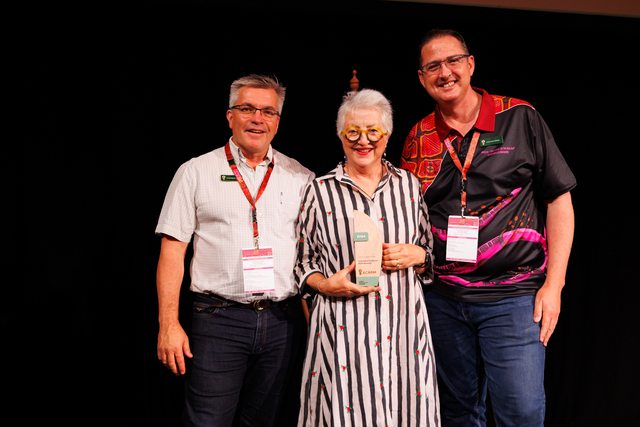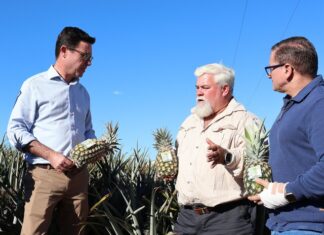Adj Professor Ruth Stewart has received the prestigious 2024 Life Fellowship award from the Australian College of Rural and Remote Medicine (ACRRM).
It recognises her exceptional contributions to rural, remote and First Nations healthcare.
Life Fellowship is the highest honour conferred by ACRRM, reserved for Fellows who have rendered outstanding and meritorious service to the College or have made internationally significant contributions to rural and remote medicine.
Throughout more than 30 years of service to ACRRM and the profession of rural generalism, Adj Professor Stewart has held pivotal leadership roles that have been instrumental in advancing the rural health agenda.
ACRRM president Dr Rod Martin acknowledges her significant impact, stating: “Adj Professor Stewart has been a determined and zealous healthcare advocate rural, remote and First Nations communities.
“Her leadership, collaborative approach and deep commitment to improving healthcare where it is most needed will leave a lasting legacy.
“She always places the needs of rural doctors and their patients at the forefront of her efforts and her respectful, inclusive approach ensures that all voices are heard.
“Her ability to focus on solutions while highlighting the unique benefits of rural healthcare has made her a trailblazer in the field; and we are confident she will continue to have impact.“
A long-serving contributor to ACRRM, Adj Professor Stewart represented members on the ACRRM Board from 2002 to 2022, undertaking multiple roles including director of Women in Rural Practice, Victorian director, vice-president and president from 2016 to 2018.
Her influence extended beyond the College, as she held critical roles on various external boards, committees and working groups.
Most notably, she served as Australia’s National Rural Health Commissioner from 2020 to 2024, addressing crucial issues such as Rural Generalist recognition, development of the Ngayubah Gadan Consensus Statement, contributing to the Strengthening Medicare Taskforce, advocating for rural maternity care and addressing the impacts of COVID-19 on rural, remote and First Nations communities.










